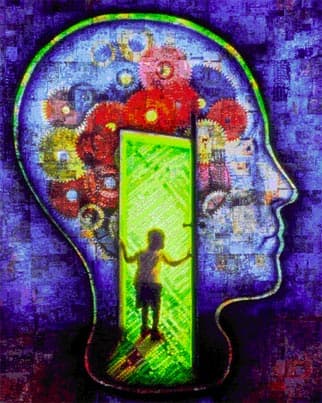Debate Intensifies Over Mental Illness Stigma, With 1 in 5 Adults Affected

A recent social media post by J.D. Haltigan, PhD, a developmental psychologist, has ignited discussion by asserting that "Mental illness should never have been destigmatized." Haltigan contended that "Stigma exists for a reason & has been present in every culture since the dawn of time," further stating that "Stigma also does not imply dehumanization, as the Leftists who want to normalize psychopathology falsely imply it does." This perspective challenges prevailing efforts to reduce the societal burden associated with mental health conditions.
Dr. Haltigan, known for his critique of "post-progressive" ideologies within the social sciences, argues that destigmatization efforts can lead to the "cultural normalization of destructive interpersonal behaviors and civic conditions." His work suggests that cultural stigma holds an "adaptive significance," potentially serving as a "behavioral immune system" for society by reinforcing social norms and public health. He advocates for a return to a biopsychosocial model in psychopathology, emphasizing scientific rigor over social justice activism.
In contrast, mainstream mental health organizations and professionals widely advocate for destigmatization, citing its detrimental effects on individuals and public health. More than half of people with mental illness do not receive necessary help, often due to concerns about being treated differently or fears of losing jobs, according to Psychiatry.org. The National Institute of Mental Health reports that approximately 1 in 5 adults in America experience mental illness annually.
Stigma and discrimination are identified as significant barriers to treatment and recovery. Consequences include worsening symptoms, reduced self-esteem, social isolation, and difficulties in employment and relationships. The Wake Forest University's online counseling program highlights that "Deterring people with mental illnesses from seeking treatment is perhaps one of the most dangerous potential impacts of mental health stigmatization."
Efforts to combat stigma typically involve open dialogue, education, and promoting compassion. Public figures sharing their experiences, along with awareness campaigns and contact-based interventions, aim to normalize discussions around mental health and encourage help-seeking. These initiatives strive to foster an environment where mental health conditions are viewed with the same understanding and support as physical illnesses, ultimately improving access to care and overall societal well-being.